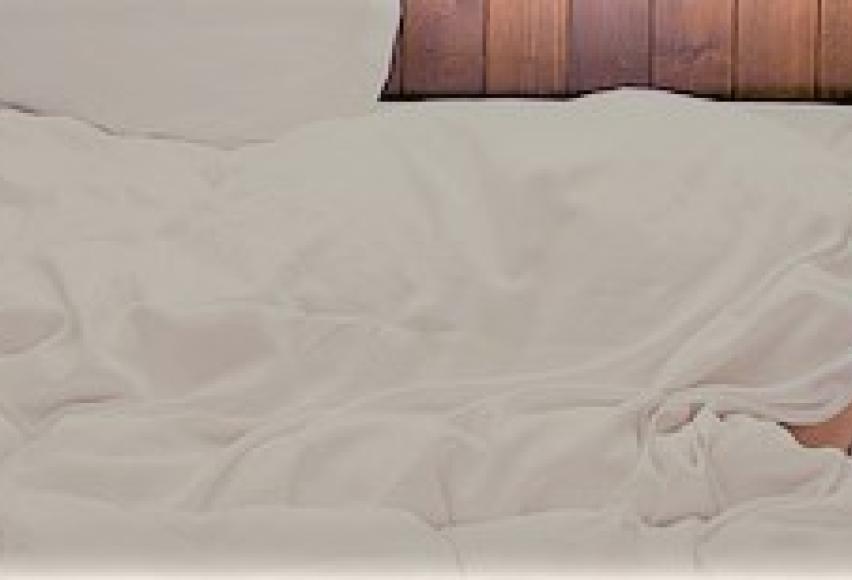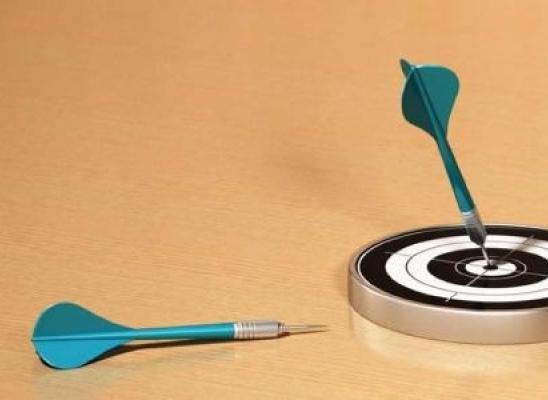Picking and sleep

Online test
Find out the severity of your symptoms with this free online test

Everyone has heard of sleepwalking, a phenomenon where a person walks around while sleeping with no memory of the event upon waking. A similar phenomenon can happen to people with excoriation disorder and trichotillomania. Additionally, bedtime can provide a picking-friendly environment either because of boredom triggering automatic picking or because picking is relaxing and helps a person go to sleep. A recent study looked at the relationship between sleep quality and compulsive skin picking and hair pulling as compared to a nonaffected control group as well as picking behaviors before bed and during sleep.
The first thing the study found was the participants with body-focused repetitive behaviors reported greater sleep disturbances than the control group. While the authors surmised this might be due to the depression and anxiety that often accompanies compulsive skin picking, they also found sleep disturbances were rated worse with people whose symptoms were severe. Another thought from the researchers is that because body-focused repetitive behaviors take up large quantities of time, those participants had less time available for sleep. Unfortunately, this study did not explore those questions further.

The second thing the study evaluated was whether participants engaged in behaviors in bed or while sleeping. According to the results, 82% of the participants reported picking in bed before falling asleep mostly due to boredom or picking supporting relaxation. Then, 27% of participants reported picking during sleep at least once in the previous month. Participants who reported picking in their sleep also reported a high severity of behaviors, high levels of depression and anxiety and more sleep problems.
What does it mean?
This research offers support for assessment and therapeutic interventions. First, the assessment needs to include how sleep impacts a person who picks at their skin. Sleep is essential in maintaining physical and mental health; therefore, if a person reports a high frequency of sleep disturbance, a clinician should investigate further. Improved sleep leads to lower levels of anxiety and depression which may positively impact picking behaviors and vice versa. As for interventions, if the time before bed is a trigger for picking, then stimulus control mechanisms can be put into place to prevent it such as wearing gloves to bed. Similarly, if picking relaxes a person so they can fall asleep, interventions to substitute the behavior with other forms of relaxation or the use of sleep aid medication may be warranted.
Goals for excoriation disorder treatment include improving the overall quality of health and mental health of which sleep quality is an important part. If bedtime or sleeping is a trigger, take precautions, use stimulus control, and find other ways to relax for sleep to reduce picking.
Online test
Find out the severity of your symptoms with this free online test
Start your journey with SkinPick
Take control of your life and find freedom from skin picking through professional therapy and evidence-based behavioral techniques.
Start Now



